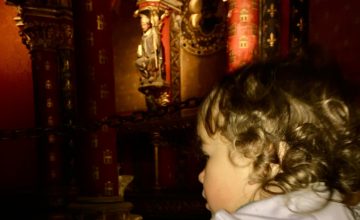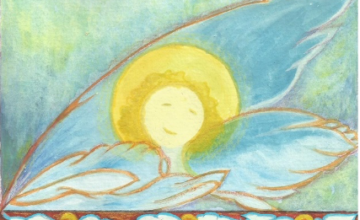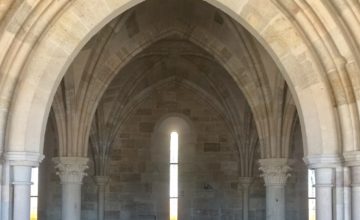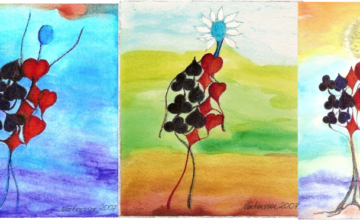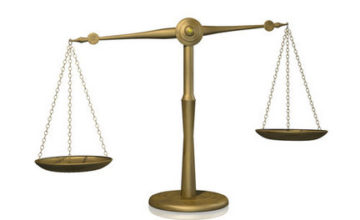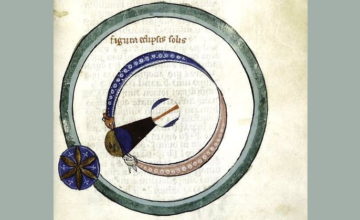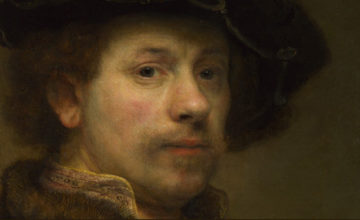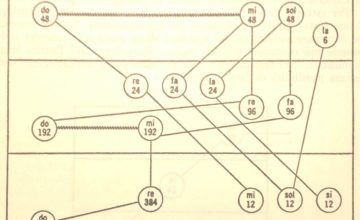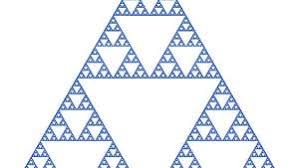Ordinarily—that is, in the second state—our machines function on the basis of stimulus and response. This means that some stimulus is the first force for our actions. The stimulus initiates the action, while our reactions to it are the second force. The third force determining the nature of the reaction comes from our mechanicality: chief feature, type, and so on.
When we we are observing ourselves, however, our work introduces a new triad. In this triad, the work is the first force and mechanicality is the second force. The observer (and eventually the steward and then higher centers) is the third force. This represents the process of regeneration, in which the form provided by the Work acts on the matter of the machine with a third force stemming from consciousness.
Read More…
